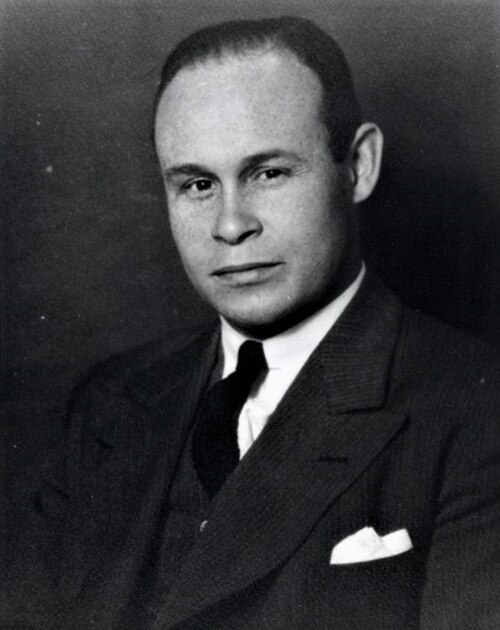Notifications
We use cookies to personalise site content, social media features and to analyse our traffic. We also share information about your use of this site with our advertising and social media partners.

4 minutes, 1 second
-1.6K Views 0 Comments 0 Likes 0 Reviews

African American Inventor As a distinguished African American inventor, Charles Richard Drew left an indelible mark in the annals of American medical history. His groundbreaking work in blood banking, in the midst of World War II no less, made him one of the most influential figures in the medical field. His vision and drive propelled him to break racial barriers, embracing the diversity and richness of the African American experience while aiding the global community through his medical discoveries.
Born on June 3, 1904, in Washington, D.C., Drew’s academic prowess was evident from an early age. His ambitious nature was fostered by his hardworking parents, Richard and Nora. His ardour for academia led him to attend Amherst College in Massachusetts on an athletic scholarship, where he majored in biology and distinguished himself as an exceptional football player. After graduating from Amherst, Drew decided to pursue his passion in medicine.
Despite the setbacks from the racial segregation era, Drew received his medical degree in 1933 from McGill University in Canada, where he specialized in surgery. Later in 1940, he became the first black person to receive a Doctor of Medical Science degree from Columbia University. Dr. Drew's groundbreaking research began in earnest during the early 1940s. He revolutionized the understanding and preservation of blood. Before his research, donated blood could only be stored for about a week before it became unusable. Dr. Drew, however, developed methods of separating plasma from whole blood, which significantly extended the blood's lifespan. This led to the formation of the "blood bank" concept, which proved crucial during World War II. Drew was appointed the first director of the American Red Cross blood bank and was responsible for a program that collected and preserved blood to send to wounded soldiers overseas. However, he resigned from his post when the military insisted on segregating blood donated by African Americans.
Drew's defiance against this racially biased policy highlighted his commitment to equality and justice. Despite the racial prejudice he faced, Drew remained unwavering in his mission to save lives through medical advancements and equal rights advocacy. Not satisfied with his own achievements, he became the first black surgeon to serve as an examiner for the American Board of Surgery. He also served as the Chief Surgeon at Freedmen's Hospital and became a faculty member at Howard University, inspiring future generations of African American medical practitioners.
In his lifetime, Charles R. Drew revolutionized the medical field not just with his inventions, but his actions towards racial justice. His patient-driven ethos and unwavering fortitude exemplify the commitment to humanity that forms the backbone of medicine. Thanks to pioneers like him, the world's healthcare systems have been forever changed. His memory continues to inspire all individuals regardless of ethnicity to strive for justice, innovation, and excellence in their fields – a testament to the enduring power of his legacy.

At our community we believe in the power of connections. Our platform is more than just a social networking site; it's a vibrant community where individuals from diverse backgrounds come together to share, connect, and thrive.
We are dedicated to fostering creativity, building strong communities, and raising awareness on a global scale.
Share this page with your family and friends.